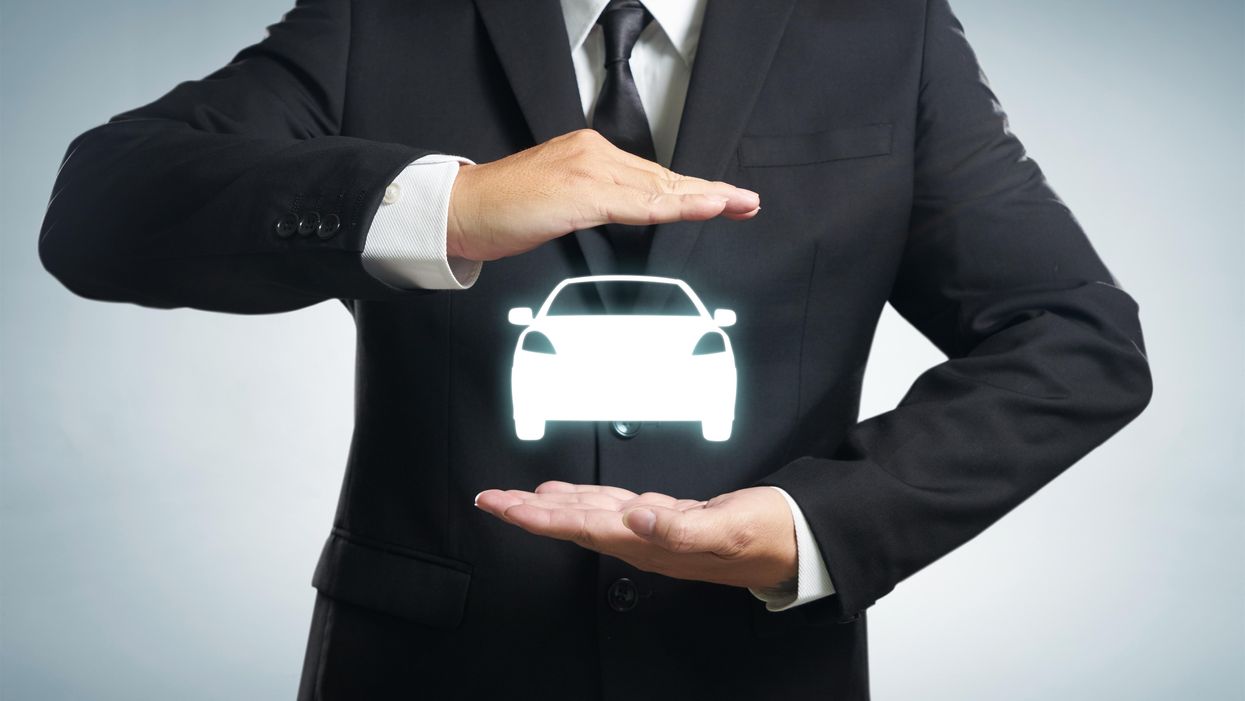Watch Out for These Scams Following a Car Accident
When it comes to scammers, they are always looking for their next prey. They always look for opportunities to scam someone in a vulnerable position. Their prospect could be someone alone with bad health, someone who just got into a car accident, or other situations.
Insurance Scams
One main scam that has run rampant in London and is progressively spreading in the U.S. is insurance scams. Scam artists will present themselves as legitimate insurance agents to people.
In London, for instance, scammers -- aka ghost brokers -- could easily trick people who are unaware of these scams. The reason for this is because most insurance companies there don't work with direct insurance carriers. In fact, only 42 percent of the reported 110,400 employed underwriters in 2018 worked with direct insurance carriers.
How These Scammers Operate
Perpetrating as insurance agents, these scammers attract potential clients by showing them bogus claims concerning getting very affordable insurance rates and other savings. They will usually advertise the very affordable insurance on messaging apps or social media sites.
They may also apply for a legit insurance policy in your name and take your premium payments. And shortly after, they will cancel the policy. All of these actions will be done without you knowing it.
Car Repair Scams
There are also a plethora of car repair scams out there. Mainly, these scams include the mechanic telling customers they need car repairs that are not needed. And as a result, the customer's car repair bill would be significantly higher with bogus charges.
These types of scams have been around for ages. However, now scammers have taken car repair scams to another level. The following includes a plethora of unneeded car repairs that scammers use:
- Car filter replacement- a mechanic may try to convince you of a so-called critical change by showing you a slightly dusty cabin filter. It is important to replace your car filter routinely. However, changing this car part is usually not an immediate concern for the function of your car.
- Getting all flat tires replaced- before buying an expensive tire or two, take a good look at your tires. As long as there is no puncture on the side wall and the treading is still good enough for a little while, your car is fine.
- Engine Flushes- sometimes engine flushes are required. Sometimes, you may need to use an engine oil cleaner and conditioner.
- New Brakes- a common upsell is for car repair shops to use fear of bad brakes to persuade customers to get new brakes.
- Charging Double- another common scam is for unscrupulous mechanics to charge for multiple jobs that are done at the same time. The extra charges could come from the number of hours worked. It also could come from doing extra labor for jobs that are not needed.
- Broken axle boots- there are unscrupulous mechanics who will go as far as to cut a rubber boot. There is a difference between a cut rubber boot and a natural boot tear.
- Fluid flushes- other unnecessary upselling includes power steering, transmission, coolant fluid flushes.
- Tricks behind a complimentary car wash- swirl marks/scratches may magically appear after a free car wash that were not there before. Then, their hope will be for you to spend more at their shop to fixed those marks.
- Other scams with similar MOs as mentioned above- this could be overcharging parts, timing belts, transmission service, and no actual part replacement.
How To Avoid Being A Victim
To avoid becoming an insurance victim, you must check with the state insurance department to see if they are legit. Another thing you can do is to pay attention to red flags in their selling pitch. A clear example of a scam is the so-called agent asking for payment upfront or cash-only payments.
You also can ask them an insurance-related question to determine their legitimacy and insurance knowledge. For example, you can ask them about commercial insurance if they claim they sell it, like the premiums, for an online store and traditional store. Say you know that a piece that costs maybe $5 to make could carry a 5,000 percent premium at the retail counter. You also know that online stores typically have lower premiums. If the so-called insurance agent trips up on the answer, then you know you may be dealing with a scam artist.
When it comes to car repairs, you should check with other, more trusted mechanics to get a second opinion about car repairs. You should also check online reviews, and you can find out information online from legitimate sources about car repairs.
So, when you find out that some thermoplastic materials are lightweight, with densities of .9 to 2 gm/cc, you can ask the mechanic a question relating to car doors. If the mechanic says that the door is extremely heavy, you caught the mechanic in a lie.
There will always be scammers in the world, and they seem to get craftier with their schemes. Nevertheless, taking head to these tips above will help you significantly.


